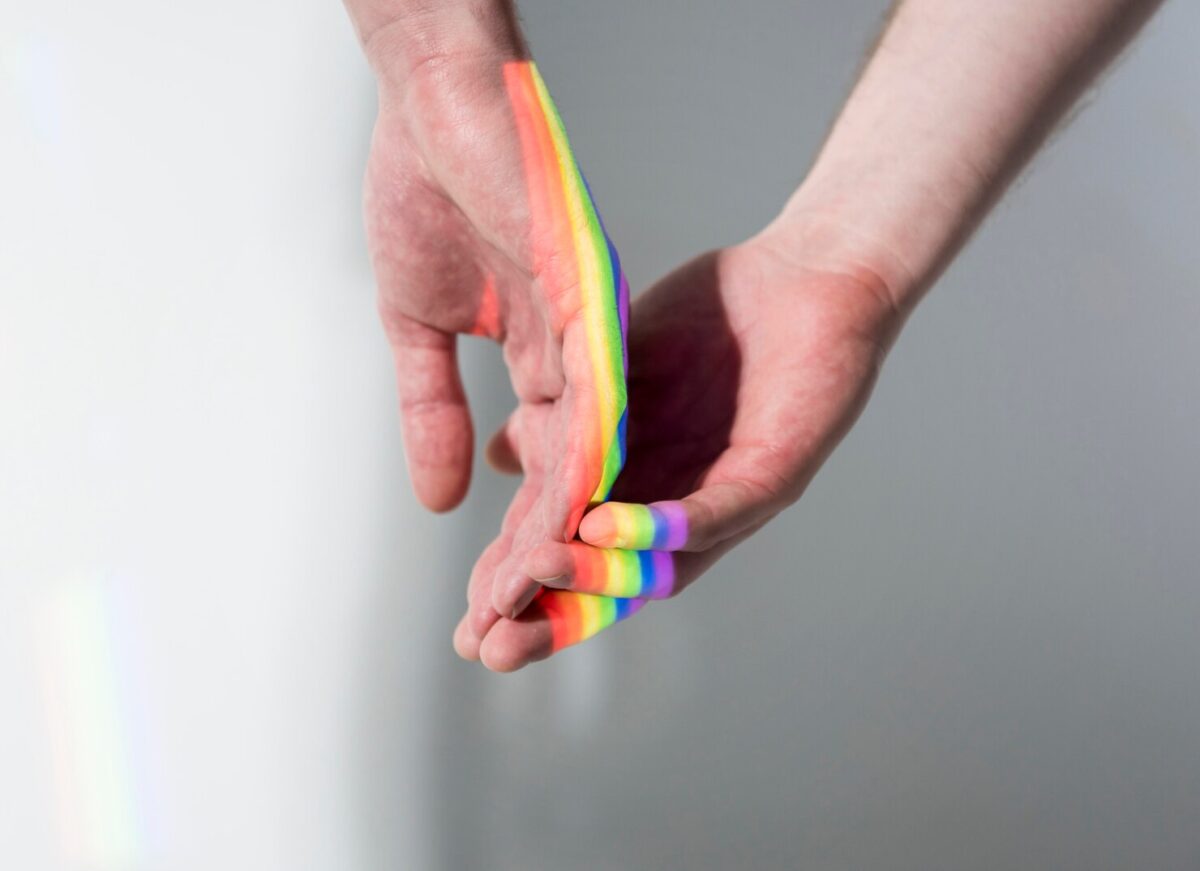The International Day Against Homophobia, Transphobia, and Biphobia (IDAHOBIT) is observed annually on May 17. This day serves to coordinate global efforts to raise awareness about the ongoing violations of LGBTQIA+ rights and to promote actions aimed at their protection. The date commemorates the removal of homosexuality from the International Classification of Diseases by the World Health Organization on May 17, 1990. And since 2004, IDAHOBIT has been a crucial platform for highlighting the discrimination and violence faced by LGBTQIA+ individuals globally.
This year’s theme, “No one left behind: equality, freedom, and justice for all”, calls for unity and solidarity, especially in the face of rising anti-democratic and anti-rights movements. Many LGBTQIA+ individuals continue to endure violence, stigma, and discrimination worldwide. Sixty-two UN member states criminalize consensual same-sex relations, either through laws or practices. At least 59 countries impose restrictions on freedom of expression related to sexual and gender diversity issues, with an alarming increase in such provisions over the past two years. While hate crime laws based on sexual orientation exist in 59 UN member states, only 38 protect against hate crimes based on gender identity, 9 on gender expression, and 5 on sex characteristics.
In Eastern Europe and Central Asia, LGBTQIA+ rights remain precarious. In 2023 alone, national REActors documented 1109 appeals from representatives of the LGBTQIA+ community in the region. The most common violations of the rights are discrimination, insults, harassment, threats, and, alas, often even assaults. In 2024 already in Armenia, the case was registered when the client met a man on Telegram from an LGBTIQ dating group and agreed to meet him, but the man drove off with the client’s belongings. The next day, he reported the incident to the police but faced harassment about his positive HIV status and military service, authorities’ representatives pressured him to reveal his meeting’s true nature. Only with the REActor’s support, the client was eventually released, and a preliminary investigation was initiated based on his complaint.
Many countries maintain laws that criminalize same-sex relations, and societal attitudes are often deeply conservative, leading to widespread discrimination and violence against LGBTQIA+ individuals. In some nations, LGBTQIA+ activism is met with significant resistance, and legal protections are minimal or nonexistent. Governments in this region have been slow to adopt reforms, and in some cases, have actively curtailed LGBTQIA+ rights. For instance, russia’s “gay propaganda” law, enacted in 2013, prohibits the distribution of information about LGBTQIA+ issues to minors, effectively silencing advocacy and increasing stigma. And in 2023 russia’s government unanimously supported new legislation to further restrict freedom of expression regarding sexual orientation and gender identity. It prohibits sharing positive and even neutral information about LGBTQIA+ people with hefty fines for noncompliance. In 2023, the President of Kyrgyzstan signed a law prohibiting the dissemination in the country of information that may be harmful to children. The document states that such information is defined as that which “denies family and traditional social values, promotes non-traditional sexual relations and forms disrespect for parents or other family members. A worrying situation has emerged in Georgia: the ruling party has proposed changes to the constitution that would restrict LGBTQIA+ rights. These measures could jeopardize the country’s accession to the EU. If the constitutional amendments are adopted, any LGBTQIA+ related gatherings will become illegal. The legislative initiative would also ban same-sex marriage, sex reassignment and adoption of children by same-sex couples.
Nevertheless, there have been positive strides. According to the Rating Sociological Group, in Ukraine, as of 2023, the level of tolerance in society during the war has increased: positive and neutral attitudes toward the LGBTQIA+ community have increased from 53% to 64%. A petition in support of registered partnerships for same-sex and different-sex couples in support of draft law No. 9103 “On the Institute of Registered Partnerships” as of April 26, 2023, has collected the required 25 thousand votes. Now it is up to President Zelenskyy to consider it.
Worldwide, 16 UN member states have implemented national bans on so-called «conversion therapies», and 9 have nationwide restrictions on unnecessary interventions for intersex youth. Seventeen UN member states recognize legal gender changes based on self-determination, and 35 have legalized marriage equality.
In light of these challenges, this year’s IDAHOBIT theme underscores the importance of solidarity in the fight for LGBTQIA+ rights. The push for equality, freedom, and justice is fundamental to building a democratic society where everyone is valued, respected, and is not left behind.
Also read:
A test of strength: fighting for truth and justice in Armenia
Empowering equality: fighting discrimination against HIV in Bosnia and Herzegovina


